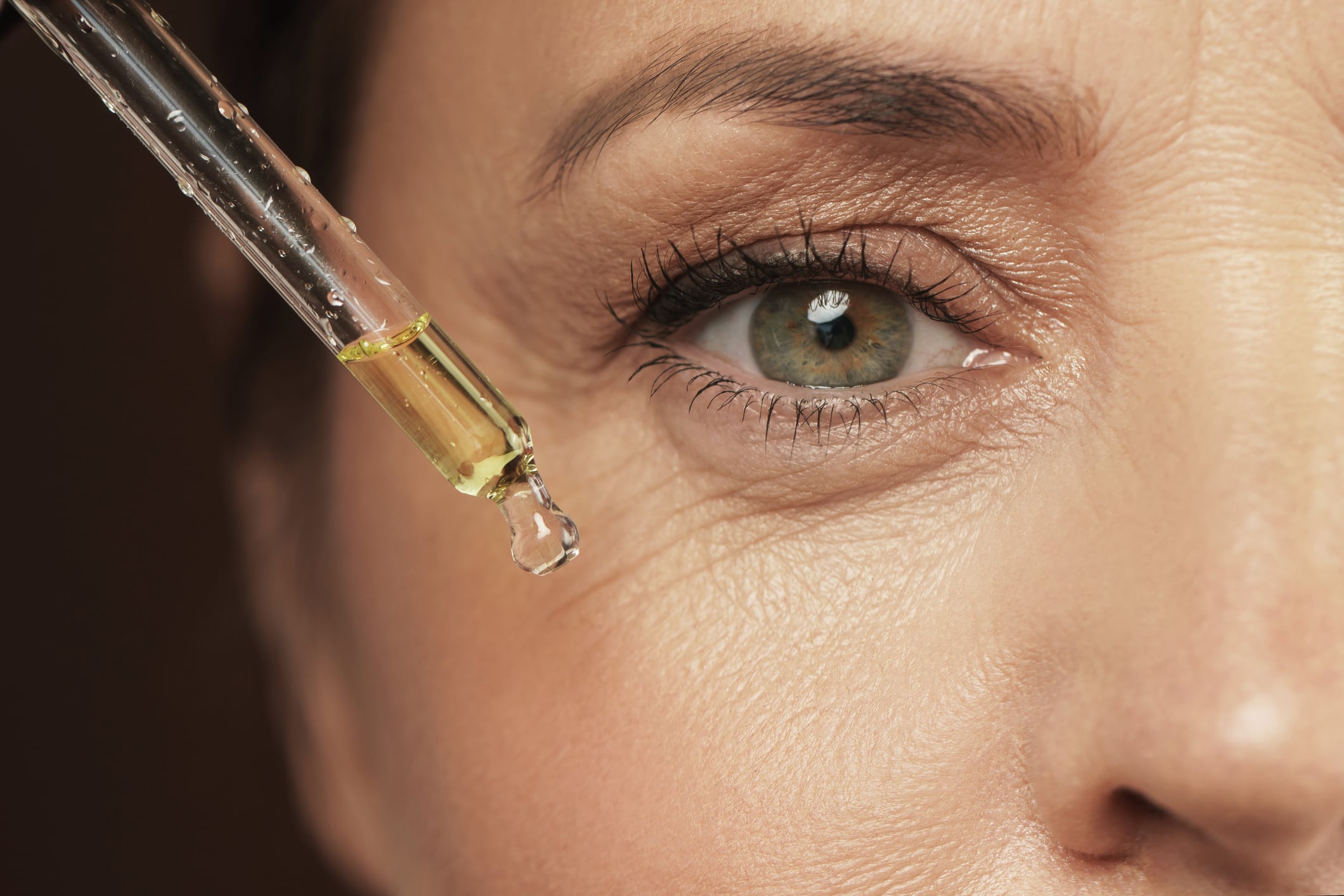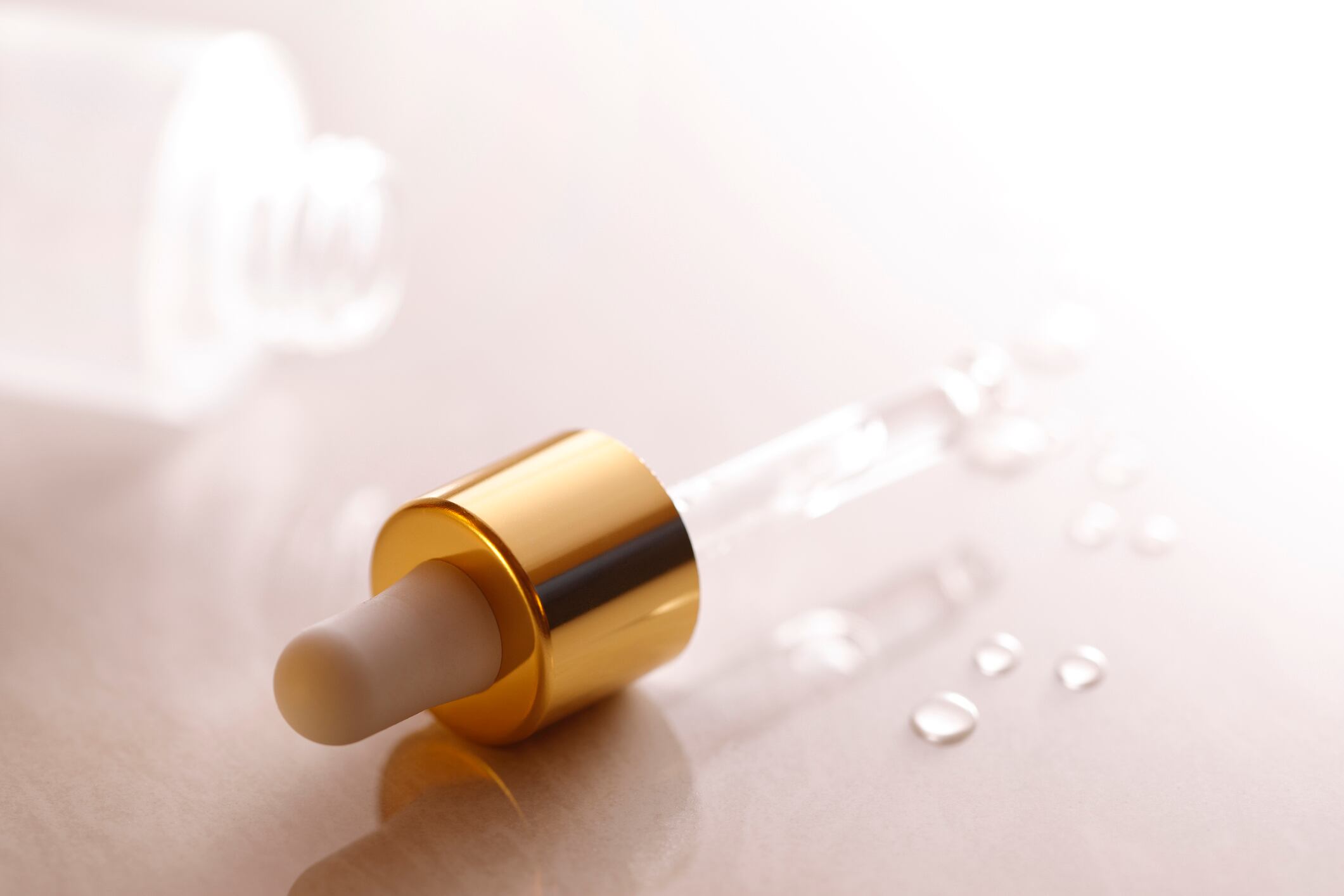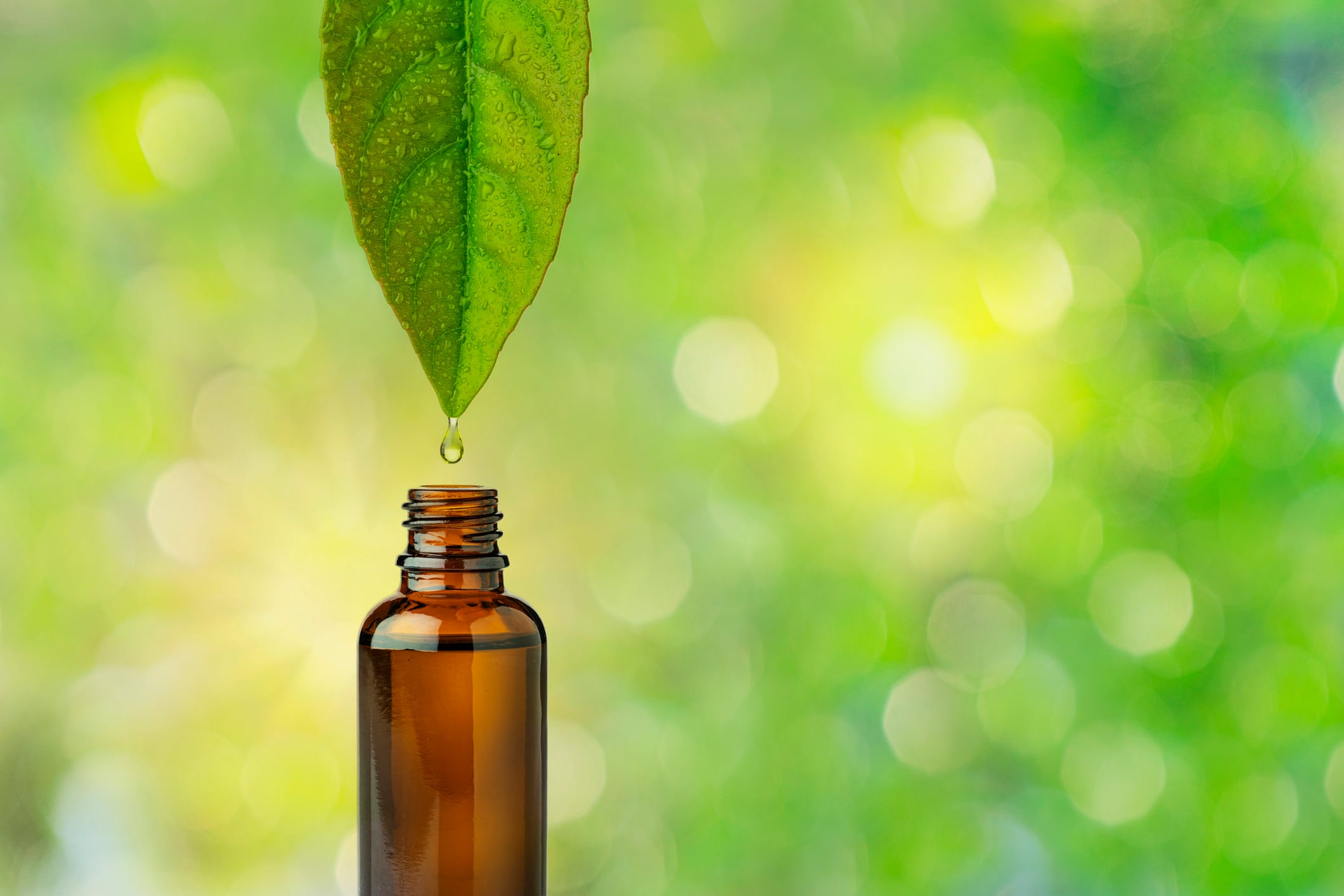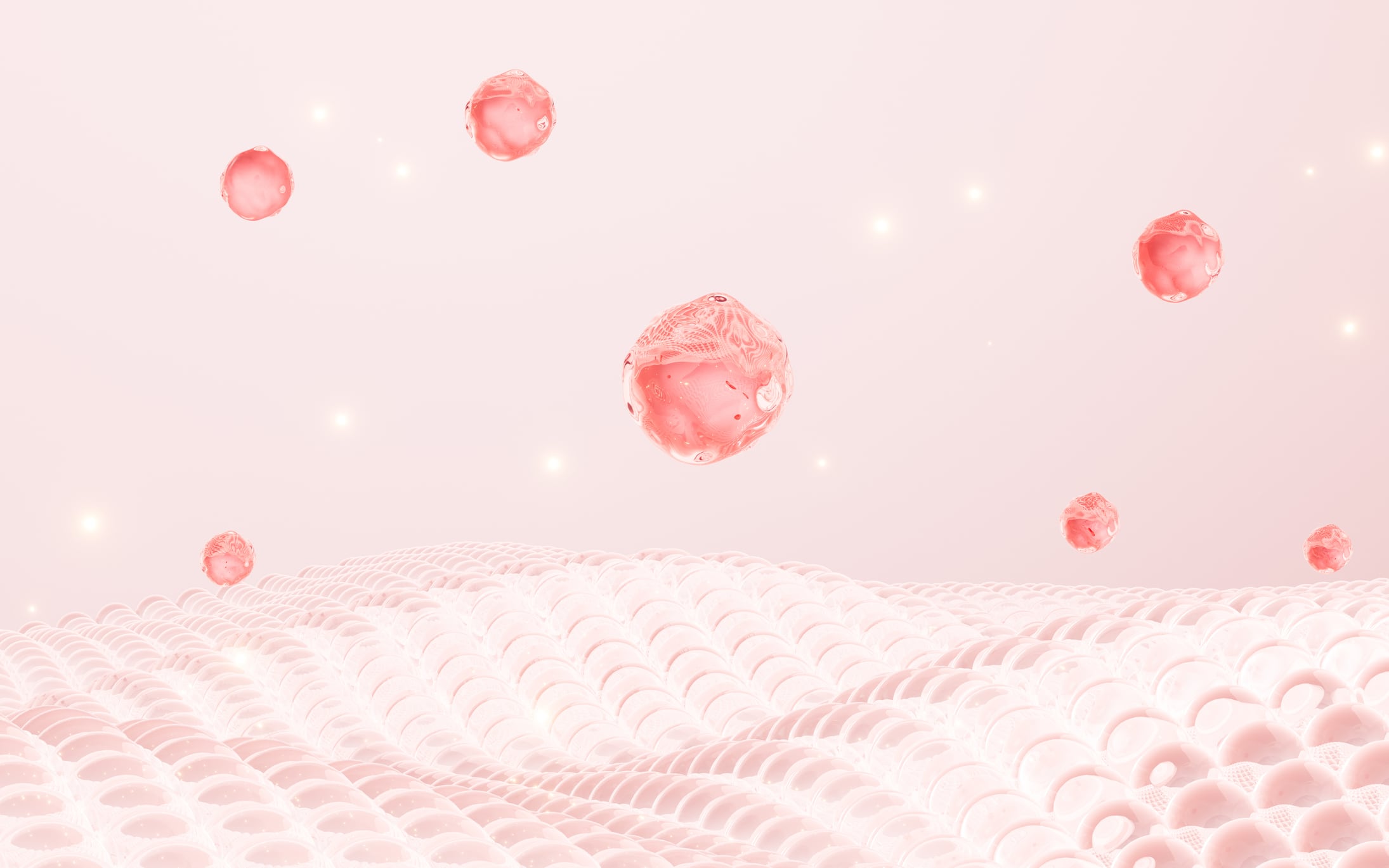The new research, which was funded through a sponsored research agreement between L'Oréal Research and Innovation and the Center for Microbiome Innovation at UC San Diego, was published in the Frontiers in Aging journal.
It appears to be the first study to isolate microbes associated specifically with signs of skin ageing and skin health, rather than chronological age.
Clinical data collected from over 650 female participants aged between 18-70, found that specific bacteria, as well as other variables, appeared to contribute to crow’s feet wrinkles, as well as the skin’s ability to retain moisture.
The research team said further investigations are needed to pinpoint exactly which microorganisms contribute to these two skin-ageing factors.
"While the study's findings represent an advance of our knowledge of the skin microbiome, we view them as just the beginning of a new phase of research," said co-author Rob Knight, the CMI faculty director and professor of paediatrics, bioengineering, computer science & engineering and data science at UC San Diego.
He continued: "By confirming a link between the microbiome and skin health, we've laid the groundwork for further studies that discover specific microbiome biomarkers related to skin ageing, and, one day, show how to modify them to generate novel and highly targeted recommendations for skin health.”
Key findings of the new research linking skin microbiota and ageing
According to the research team, the key highlights of the study were:
- It confirmed a positive link between chronological age and skin microbiome diversity. But it also “observed a global positive association between microbiome diversity and grade of crow’s feet wrinkles,” – one of the key signs of skin ageing – although the relationship did vary among the included sub-studies. “We additionally observed a negative link between microbiome diversity and transepidermal water loss,” shared the team.
- It explored the link between crow’s feet wrinkles and microbial features while “considering the effect of individual studies and chronological age as a confounder, identifying several potential biomarkers.”
One of the co-authors of the study, Dr Magali Moreau, at L'Oréal Research and Innovation, will be speaking on the topic of microbiome beauty at our Beauty Forward 2024 digital summit. Register here to watch it live on 30th January at 3.30pm (CET), or to watch at a later date.





